What is Tartaric Acid?
Tartaric acid is a naturally occurring organic acid with the chemical formula C₄H₆O₆. It is one of the most widely distributed plant acids and is primarily found in grapes, bananas, and tamarinds. Tartaric acid is a dihydroxy dicarboxylic acid, meaning it has two hydroxyl (OH) groups and two carboxylic acid (COOH) groups. This acid is known for its sour taste and is commonly used in the food and beverage industry.
Tartaric acid exists in several isomeric forms, but the most common and naturally occurring form is the L-(+)-tartaric acid. It plays a crucial role in wine production, where it is responsible for the tartness of the wine and helps to maintain the chemical stability of the wine throughout the aging process.
MT Royal Company: Supplier of Tartaric Acid
MT Royal Company is a leading supplier of tartaric acid, offering up to 2000 tons per month to clients in various industries. Here’s why MT Royal is the preferred choice for tartaric acid supply:
- High Supply Capacity: With the ability to supply large quantities of tartaric acid, MT Royal ensures that clients can meet their production needs without interruptions. This high capacity makes MT Royal a reliable partner for large-scale manufacturers.
- Quality Assurance: MT Royal is committed to providing high-quality tartaric acid that meets industry standards. Each batch undergoes rigorous quality control testing to ensure purity, consistency, and compliance with regulatory requirements.
- Agreed Payment Terms: MT Royal offers flexible payment options tailored to the needs of their clients. Whether clients prefer upfront payments, installment plans, or credit terms, MT Royal is open to negotiating terms that are mutually beneficial.
- Global Reach: MT Royal’s robust logistics network allows for the efficient distribution of tartaric acid to clients worldwide. Whether you are based in Europe, Asia, or the Americas, MT Royal can deliver your order promptly and reliably.
- Customer Support: MT Royal prides itself on offering excellent customer service. Their team of experts is available to assist clients with technical advice, product selection, and any other queries they may have.
In conclusion, tartaric acid is an essential ingredient with diverse applications, and MT Royal Company is a trusted supplier capable of meeting large-scale demands. With their commitment to quality, flexible payment options, and global distribution capabilities, MT Royal is an ideal partner for businesses looking to source tartaric acid.


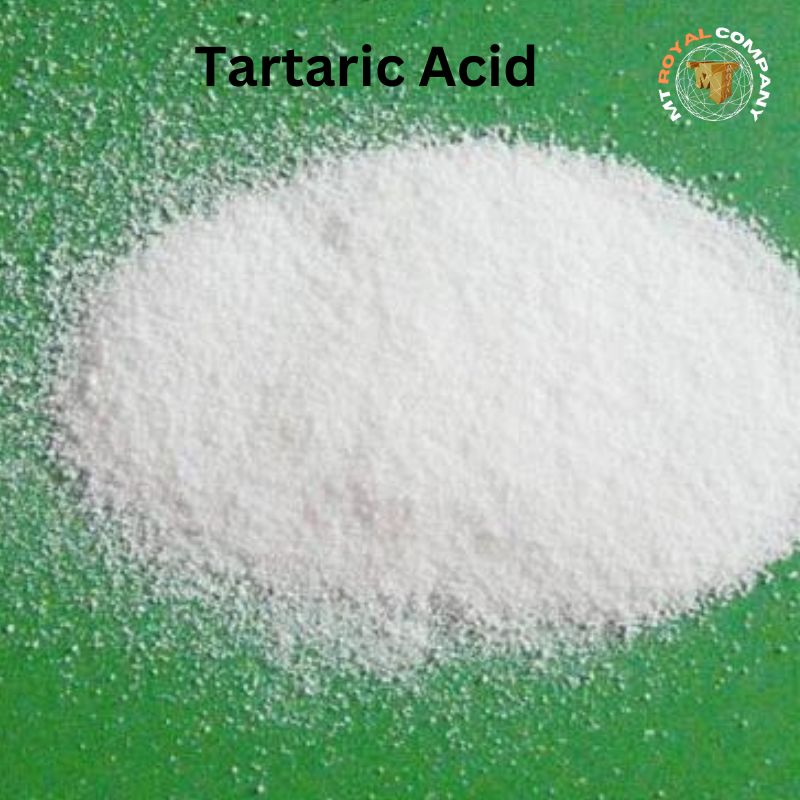
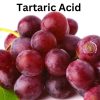
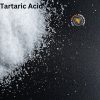
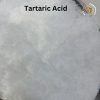
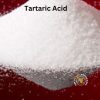

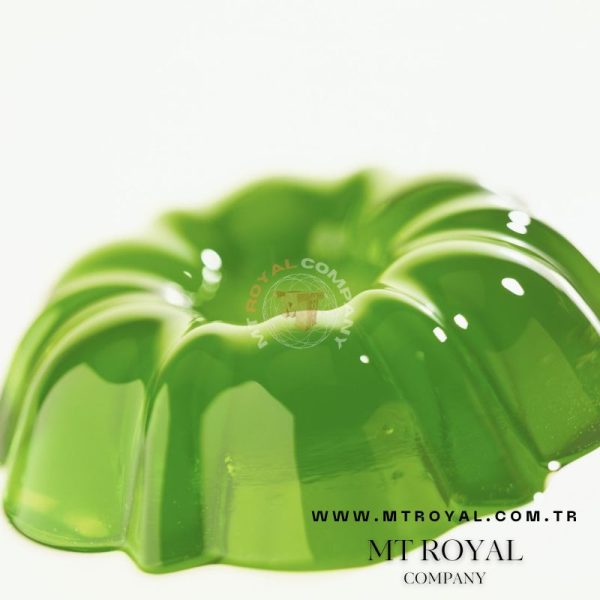
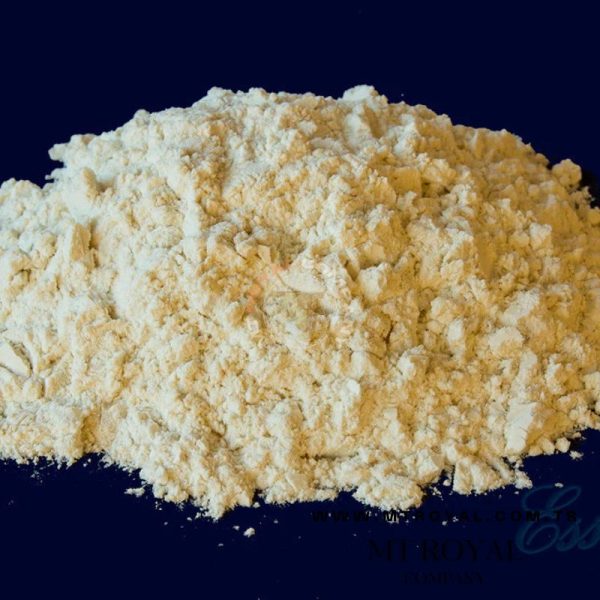
Reviews
There are no reviews yet.